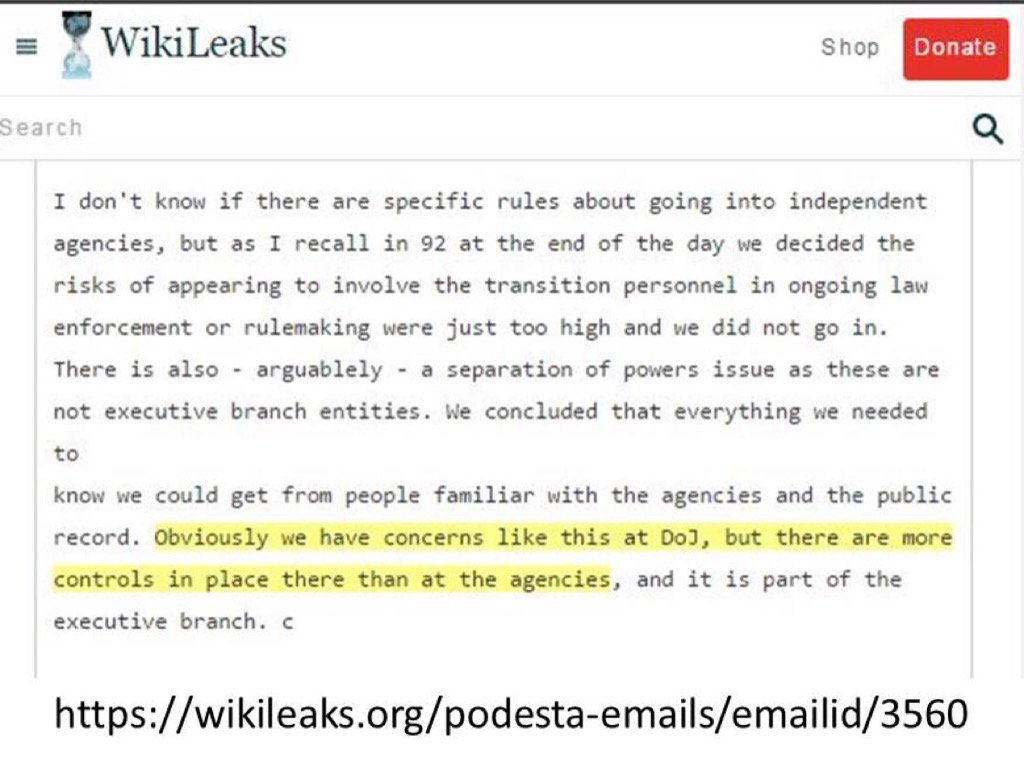
Controls in place at the DoJ…uh huh and it is part of the Executive Branch..uh huh again.
So, what we have here are political operatives that have established a covert governmental mafia operation that works the system by a limitless team of lawyers, damage control organizations and by manipulating media, all of which are willing accomplices. While most that are paying attention consider the missing Hillary emails relate to Benghazi, it is more likely the larger inventory of communications deal with the Clinton Foundation of which the Department of Justice is a government funded operation protecting RICO collusion. Andy McCarthy describes it all in a perfect summary.
Why is Lynch rushing the search for classified e-mails but blocking the pay-to-play corruption probe?The Wall Street Journal’s report that, for over a year, the FBI has been investigating the Clinton Foundation for potential financial crimes and influence peddling is, as Rich Lowry said Monday, a blockbuster.As I argued over the weekend, the manner in which the State Department was put in the service of the Foundation during Hillary Clinton’s tenure as secretary is shocking. It is suggestive of a pattern of pay-to-play bribery, the monetizing of political influence, fraud, and obstruction of justice that the Justice Department should be investigating as a possible RICO conspiracy under the federal anti-racketeering laws.The Journal’s Devlin Barrett buries the Clinton Foundation lede in the 14th paragraph of his report. Even more astonishing are his final three paragraphs:In September, agents on the foundation case asked to see the emails contained on nongovernment laptops that had been searched as part of the Clinton email case, but that request was rejected by prosecutors at the Eastern District of New York, in Brooklyn. Those emails were given to the FBI based on grants of partial immunity and limited-use agreements, meaning agents could only use them for the purpose of investigating possible mishandling of classified information. Some FBI agents were dissatisfied with that answer, and asked for permission to make a similar request to federal prosecutors in Manhattan, according to people familiar with the matter. [FBI Deputy Director Andrew] McCabe, these people said, told them no and added that they couldn’t “go prosecutor-shopping.”Not long after that discussion, FBI agents informed the bureau’s leaders about the Weiner laptop, prompting Mr. Comey’s disclosure to Congress and setting off the furor that promises to consume the final days of a tumultuous campaign. Let me unpack this. Readers are unlikely to know that the Eastern District of New York in Brooklyn is not just any United States attorney’s office. It is the office that was headed by Attorney General Loretta Lynch until President Obama elevated her to attorney general less than two years ago. It was in the EDNY that Ms. Lynch first came to national prominence in 1999, when she was appointed U.S. attorney by President Bill Clinton — the husband of the main subject of the FBI’s investigations with whom Lynch furtively met in the back of a plane parked on an Arizona tarmac days before the announcement that Mrs. Clinton would not be indicted. Obama reappointed Lynch as the EDNY’s U.S. attorney in 2010. She was thus in charge of staffing that office for nearly six years before coming to Main Justice in Washington. That means the EDNY is full of attorneys Lynch hired and supervised. When we learn that Clinton Foundation investigators are being denied access to patently relevant evidence by federal prosecutors in Brooklyn, those are the prosecutors — Loretta Lynch’s prosecutors — we are talking about.Recall, moreover, that it was Lynch’s Justice Department that: refused to authorize use of the grand jury to further the Clinton e-mails investigation, thus depriving the FBI of the power to compel testimony and the production of evidence by subpoena; consulted closely with defense attorneys representing subjects of the investigation; permitted Cheryl Mills and Heather Samuelson — the subordinates deputized by Mrs. Clinton to sort through her e-mails and destroy thousands of them — to represent Clinton as attorneys, despite the fact that they were subjects of the same investigation and had been granted immunity from prosecution (to say nothing of the ethical and legal prohibitions against such an arrangement); drastically restricted the FBI’s questioning of Mills and other subjects of the investigation; and struck the outrageous deals that gave Mills and Samuelson immunity from prosecution in exchange for providing the FBI with the laptops on which they reviewed Clinton’s four years of e-mails.That arrangement was outrageous for three reasons:1) Mills and Samuelson should have been compelled to produce the computers by grand-jury subpoena with no immunity agreement; 2) Lynch’s Justice Department drastically restricted the FBI’s authority to examine the computers;and 3) Lynch’s Justice Department agreed that the FBI would destroy the computers following its very limited examination.As I have detailed, it was already clear that Lynch’s Justice Department was stunningly derelict in hamstringing the bureau’s e-mails investigation. But now that we know the FBI was simultaneously investigating the Clinton Foundation yet being denied access to the Clinton e-mails, the dereliction appears unconscionable. It had to be screamingly obvious that the Clinton State Department e-mails, run through a server that also supported Clinton Foundation activities, would be critically important to any probe of the Foundation. Consider, for example, the issue of criminal intent, over which much has been made since Director Comey stressed the purported lack of intent proof in recommending against an indictment of Mrs. Clinton for mishandling classified information.I believe, to the contrary, that there is abundant intent evidence. The law presumes that people intend the natural, foreseeable consequences of their actions: When you’re the secretary of state, and you systematically conduct your government business on private, non-secure e-mail rather than the government’s secure servers, you must know it is inevitable that classified information will be transmitted through and stored on the private server.Still, even though Clinton’s misconduct was thus willful and grossly negligent, no sensible person believes she was trying to harm the United States; the damage she did to national security was an easily foreseeable consequence of her scheme, but that damage was not what motivated her actions. In such circumstances, it is a common tactic of defense lawyers to confound motive and criminal intent. Every criminal statute has an intent element (i.e., a requirement to prove that conduct was knowing, willful, intentional, or grossly negligent). Prosecutors, however, are virtually never required to prove motive. To be sure, they usually do introduce evidence of motive, because establishing a motive often helps to prove intent. But motive can sometimes confuse matters, so proving it is not mandatory. A common, concrete example is helpful here: the guy who robs a bank because he is strapped for cash and his mom needs an operation. Although it was not the robber’s purpose to petrify the bank teller, proving that he had a desperate need for money helps demonstrate that his theft of money was quite intentional — not an accident or mistake. So even though we can all agree that our bank robber did not have a motive to do harm, his benign motive does not absolve him of guilt for the bank robbery he fully intended to commit.Yet, such absolution is exactly what Comey offered in claiming there was insufficient proof of criminal intent to charge Clinton with mishandling classified information. It was a rationale that echoed public comments by President Obama and Lynch’s Justice Department. They would have you believe that because Clinton was not motivated by a desire to harm national security she cannot have intended to violate the classified-information laws. It is sleight-of-hand, but it was good enough for Democrats and the media to pronounce Clinton “exonerated.” Now, however, let’s consider the Clinton Foundation. While Clinton may not have been motivated to harm our national security, she was precisely motivated to conceal the corrupt interplay of the State Department and the Clinton Foundation.That was the real objective of the home-brew server system: Mrs. Clinton wanted to shield from Congress, the courts, and the public the degree to which she, Bill, and their confederates were cashing in on her awesome political influence as secretary of state. That is exactly why she did business outside the government system that captures all official e-mails; and, critically, it perfectly explains why she deleted and attempted to destroy 33,000 e-mails — risibly claiming they involved yoga routines, Chelsea’s wedding, and the like. While knowing the purpose of the private server system may not advance our understanding of the classified-information offenses, it greatly advances our understanding of the scheme to make the Clinton Foundation a State Department pay-to-play vehicle.Consequently, the Clinton e-mails generated in the course of this scheme are apt to be highly probative of public-corruption offenses. With that in mind, let’s go back to the Journal’s account of why Loretta Lynch’s EDNY prosecutors have blocked the FBI’s Clinton Foundation investigators from examining the Clinton e-mails found on the laptop computers of Cheryl Mills and Heather Samuelson: Those emails were given to the FBI based on grants of partial immunity and limited-use agreements, meaning agents could only use them for the purpose of investigating possible mishandling of classified information.The Journal’s report says the FBI’s Clinton Foundation team was “dissatisfied” with this explanation — as well they should have been. The grants of immunity and limited-use agreements were disgraceful for the reasons outlined above. Significantly, however, the limitations imposed on the classified-information investigation should not, in the main, be binding on the Clinton Foundation investigation. Of course, the immunity grants to Mills and Samuelson must be honored even though they should never have been given in the first place. But those agreements only protect Mills and Samuelson. They would not prevent evidence found on the computers and retained by the FBI from being used against Hillary Clinton or any other possible conspirator.Clearly, that is why agents on the FBI’s Clinton Foundation team wanted to get their investigation out of the EDNY’s clutches and move it to the U.S. attorney’s office in the Southern District of New York (my office for many years, as well as Jim Comey’s). The SDNY has a tradition of relative independence from the Justice Department and a well-earned reputation for pursuing political-corruption cases aggressively — a reputation burnished by U.S. attorney Preet Bharara’s prosecutions of prominent politicians from both parties. Alas, the Clinton Foundation agents were said to be barred from “prosecutor shopping” by FBI Deputy Director Andrew McCabe — the official whose wife’s Virginia state senate campaign was infused with $675,000 in cash and in-kind contributions by political committees controlled by Governor Terry McAuliffe, a notorious Clinton fixer and former Clinton Foundation board member.Because of Democratic and media furor over Director Comey’s reopening of the Clinton e-mails investigation last week, the FBI is now under enormous pressure to review tens of thousands of e-mails stored on the laptop shared by Huma Abedin and Anthony Weiner. The point is to hound the bureau into announcing before Election Day (seven days from now) whether any new classified e-mails have been found. If none are found, this outcome will be spun as yet another “exoneration” of Hillary Clinton.Here, however, is the real outrage: Beneath all this noise, Loretta Lynch’s Justice Department is blocking the FBI from examining Clinton e-mails in connection with its investigation of the Clinton Foundation — an investigation that is every bit as serious. Were it not for the Clinton Foundation, there probably would not be a Clinton e-mail scandal. Mrs. Clinton’s home-brew communications system was designed to conceal the degree to which the State Department was put in the service of Foundation donors who transformed the “dead broke” Clintons into hundred-millionaires.At this point, the reopened classified-information investigation is a distraction: Under the Comey/DOJ “insufficient intent evidence” rationale, there would be no charges even if previously undiscovered classified e-mails were found on the Abedin/Weiner computer. Instead, what is actually essential is that the FBI’s Clinton Foundation investigators get access to all the thousands of Clinton e-mails, including those recovered from the Mills and Samuelson laptops. The agents must also have the time they need to piece together all the Clinton e-mails (from whatever source), follow up leads, and make their case. No one seems to notice that they are being thwarted. Hillary hasn’t even been elected, but already we are benumbed by Clinton Scandal Exhaustion Syndrome.— Andrew C. McCarthy is a policy fellow at the National Review Institute. His latest book is Faithless Execution: Building the Political Case for Obama’s Impeachment.

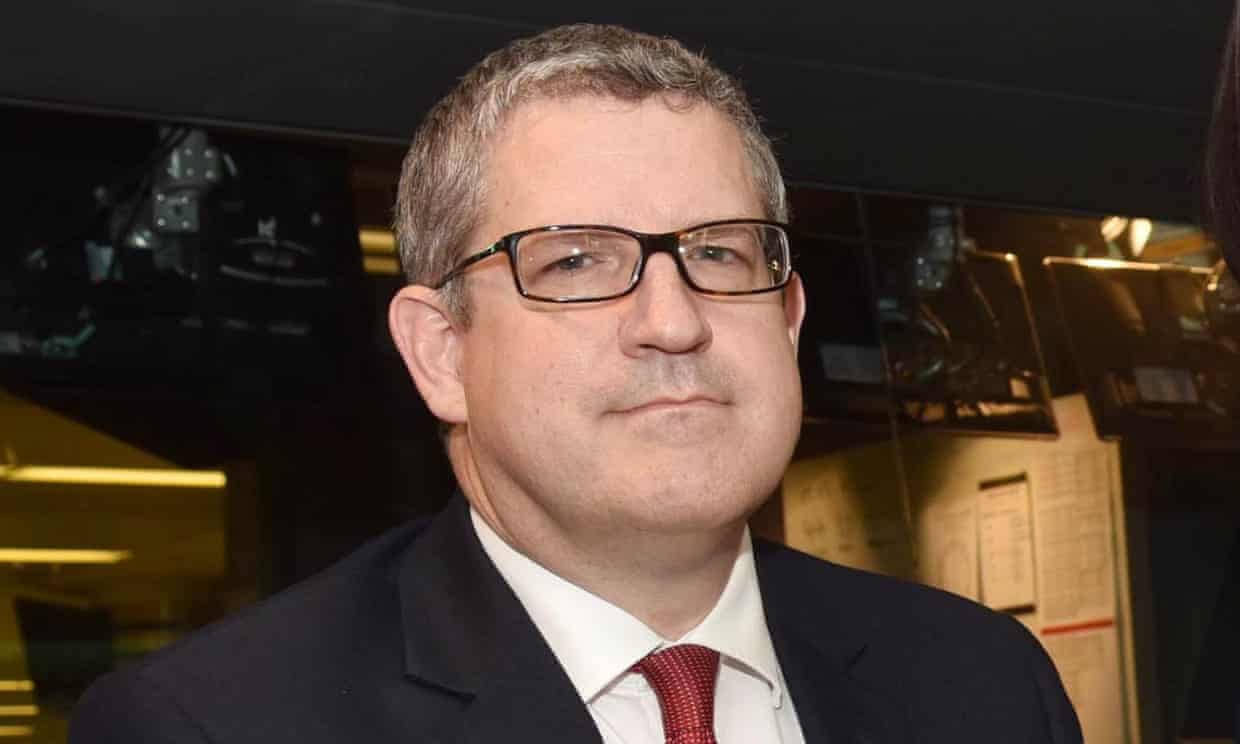 Andrew Parker said Russia was ‘using its whole range of state organs and powers to push its foreign policy abroad in increasingly aggressive ways’. Photograph: Jeff Overs/BBC/PA
Andrew Parker said Russia was ‘using its whole range of state organs and powers to push its foreign policy abroad in increasingly aggressive ways’. Photograph: Jeff Overs/BBC/PA
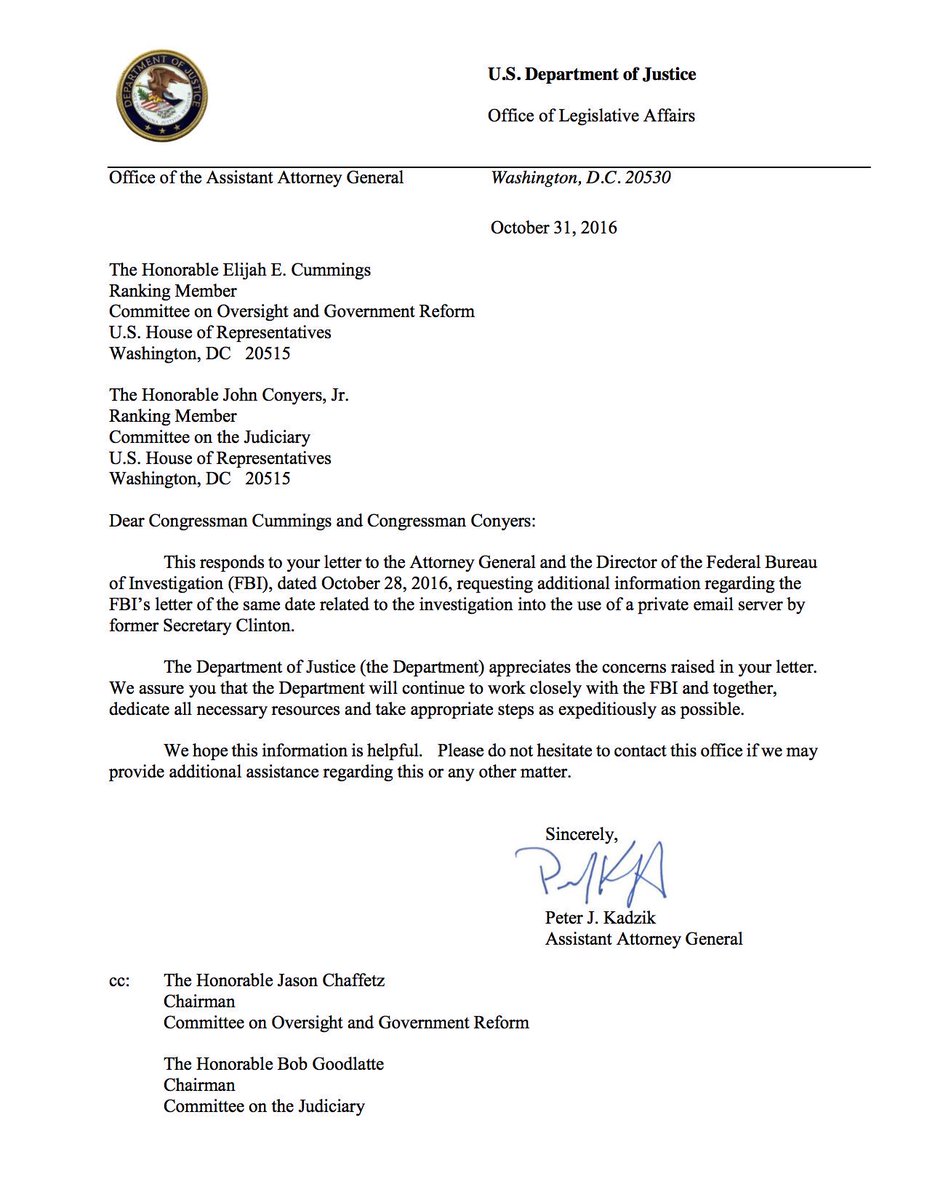


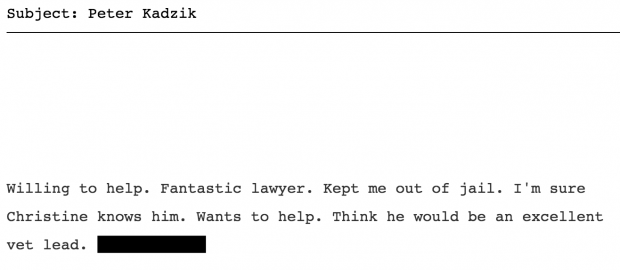

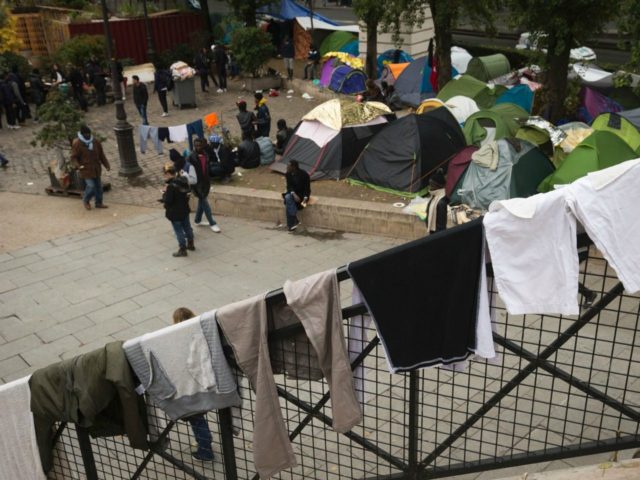 JOEL SAGET/AFP/Getty
JOEL SAGET/AFP/Getty